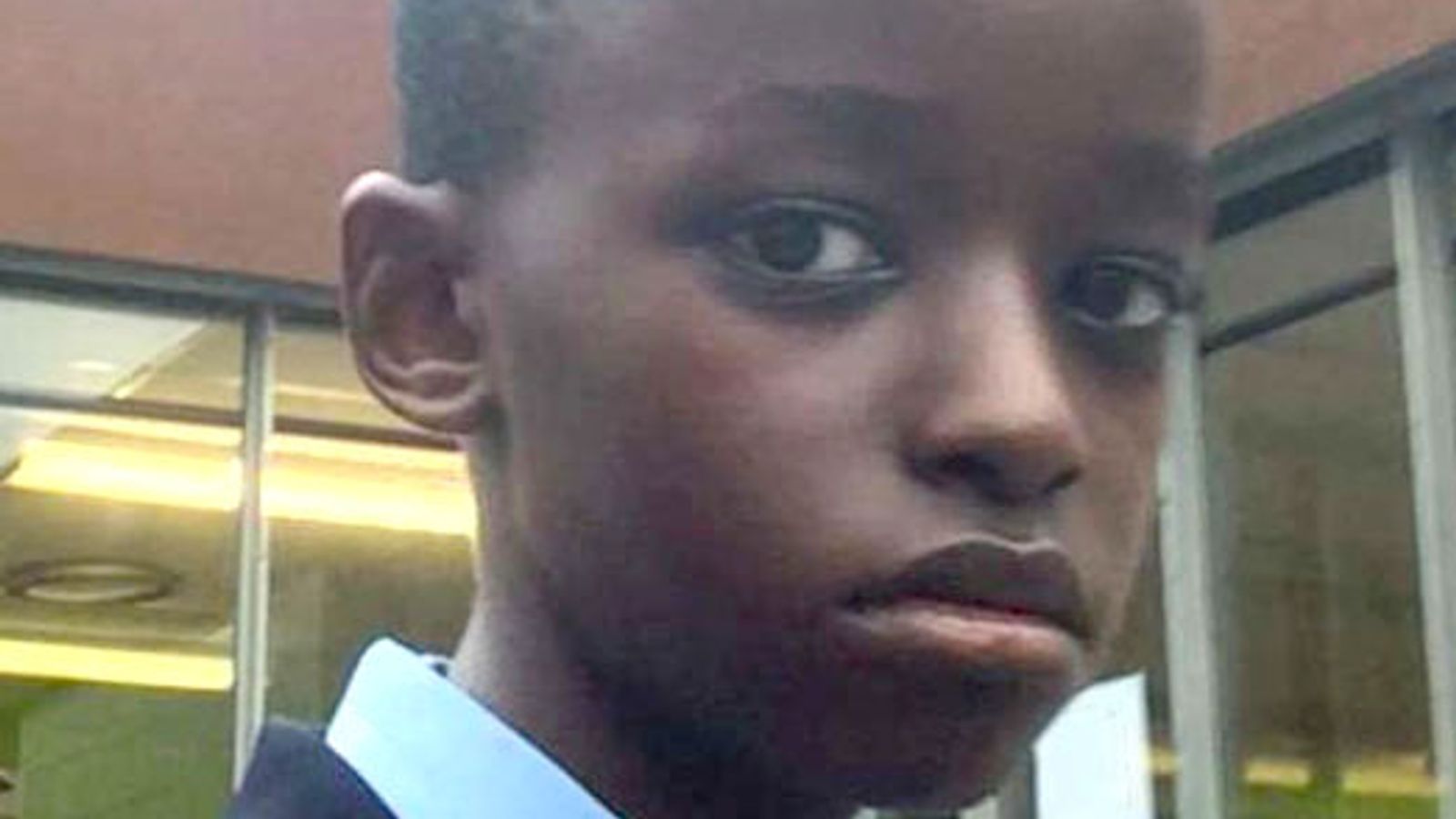
Legal Complexities Emerge in Case of Axel Rudakubana Amid Terror-Related Allegations
The ongoing case involving Axel Rudakubana, an 18-year-old facing charges after a tragic attack in Southport, has escalated with new charges alleging the possession of terrorist material. These recent developments have stirred significant public discourse and political commentary, particularly as Rudakubana already faces serious charges for the alleged fatal stabbing of three young girls in a July 29 incident, as well as charges of attempted murder.
Also Read:- Today’s Wordle #1229 - Solving the Riddle for October 30th
- Harris Highlights Clear Contrast with Trump in Fiery Rally Speech on Democracy and Unity
In addition to the murder charges, Rudakubana is now accused of producing ricin, a highly toxic substance, and possessing an Al-Qaeda training manual titled Military Studies in the Jihad Against the Tyrants . The inclusion of these terrorism-related charges has led to complex discussions in the legal and public spheres on whether or not this case qualifies as a terrorist attack. The case's nuances have been compounded by remarks from Jonathan Hall KC, an independent reviewer of terrorism legislation, who pointed out the difficulties in distinguishing between terrorism and other forms of violent crime, particularly in incidents involving lone actors.
Hall's insights suggest that just possessing terrorist materials doesn’t necessarily qualify an individual as a terrorist. His assessment aligns with the official stance that the attack in Southport has not been classified as terrorism, even with the new charges linked to terrorist materials. Hall noted that these distinctions are becoming increasingly "wafer-thin," due to the varying motivations of individuals in violent incidents, many of whom may act independently rather than on behalf of a terrorist organization. Drawing on examples from past mass attacks in the U.S., Hall emphasized that while some individuals may replicate violent methods, they often lack the ideological motives typically associated with terrorism.
Adding to the social and political complexities, several politicians, including Robert Jenrick, have raised concerns over transparency in handling the case, with some questioning the timing of the information release on Rudakubana's charges. Jenrick and others argue that public trust in law enforcement and the judicial process may be affected if there’s a perception of withheld information. This critique suggests that transparency in such high-profile cases is essential, especially given the public's sensitivity to safety and security concerns.
Currently held in Belmarsh Prison, Rudakubana has maintained silence throughout court proceedings, even declining to confirm his name during his recent court appearance via video link. His case has been adjourned for a plea and trial preparation hearing scheduled for November 13, with his trial set to proceed in early 2025.
Read More:


0 Comments